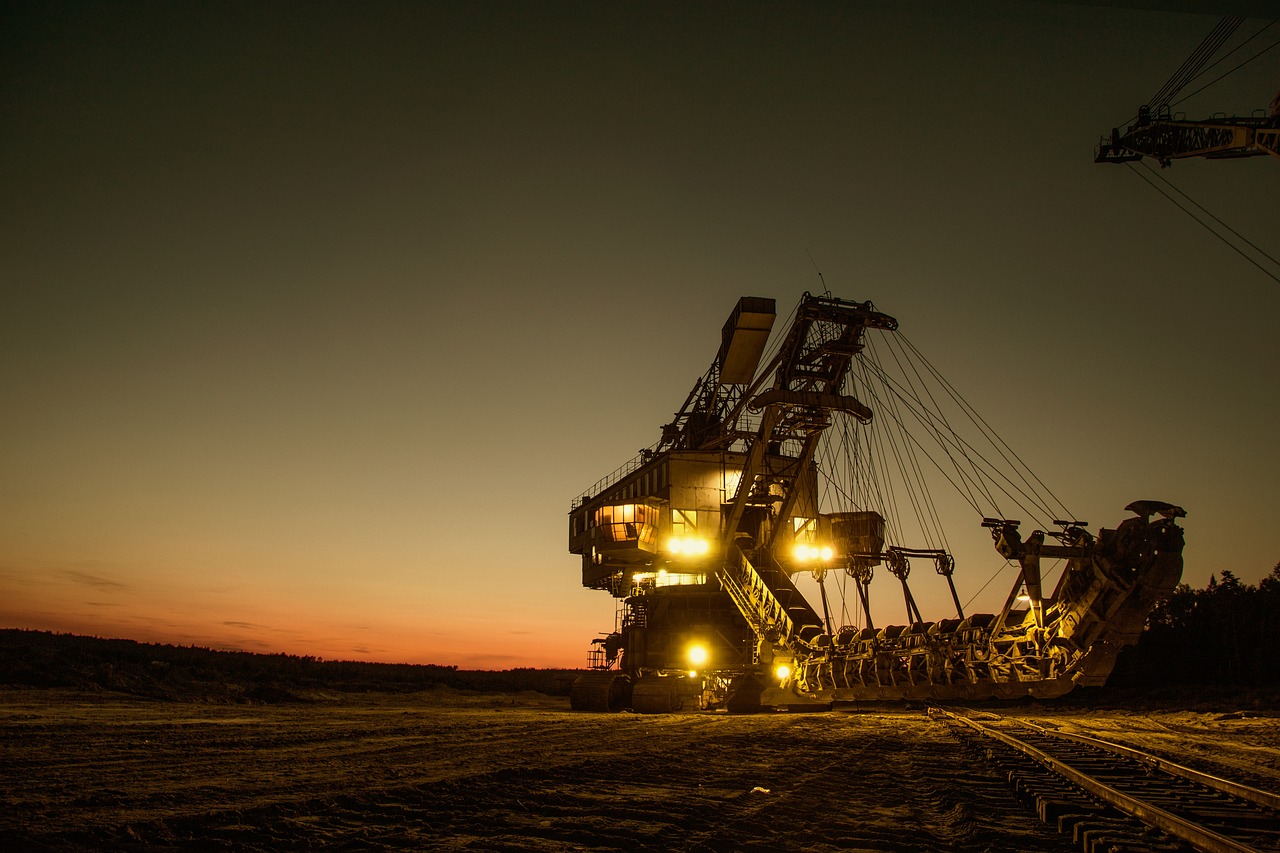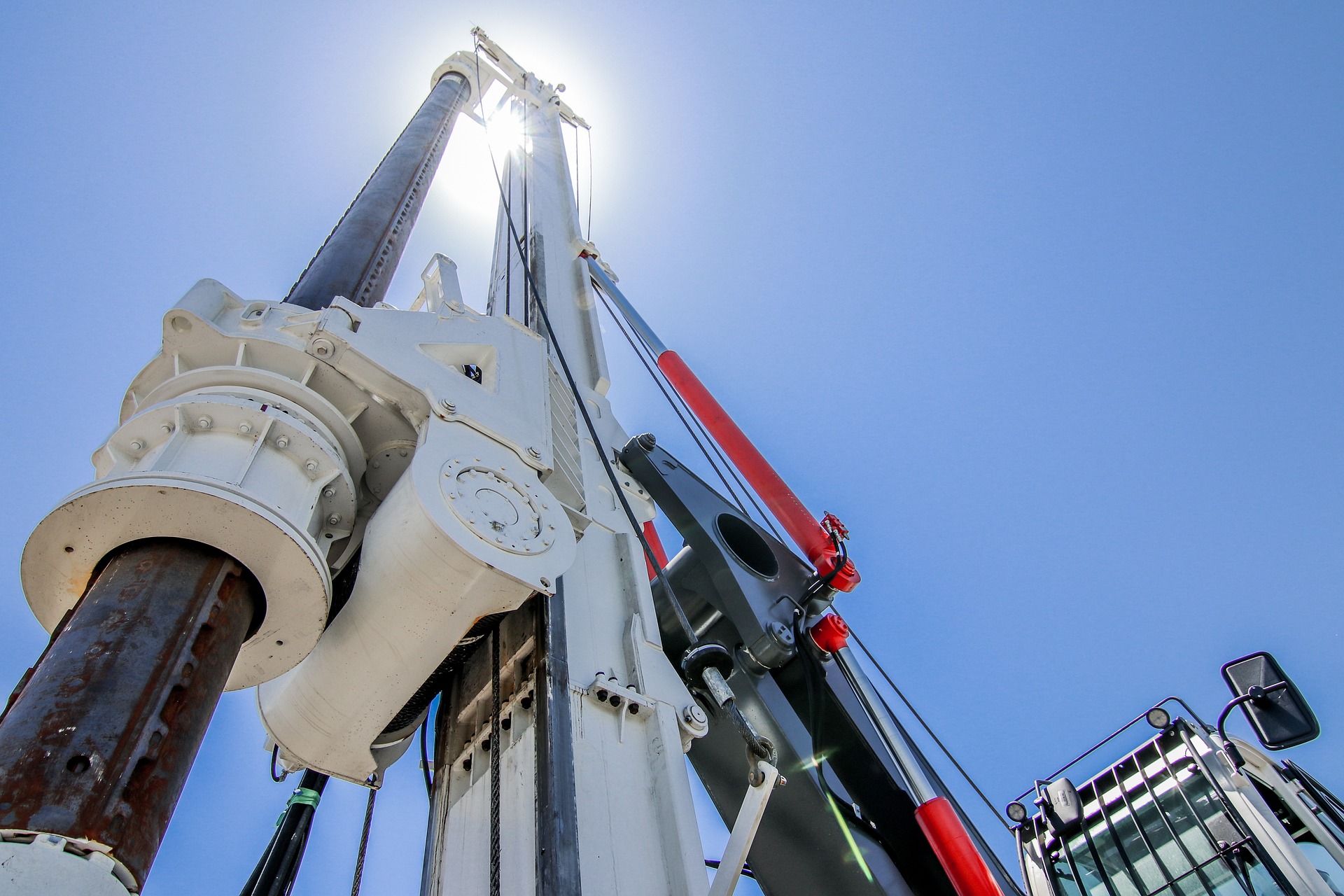The Basics of Water Bore Drilling
Drilling water bores is an excellent option for obtaining high-quality and reliable water supplies. It is especially useful for those who use large volumes of water or live in areas with a poor or unreliable mains water supply. It can also save money in the long run by providing a self-sufficiency solution and eliminating the need to pay extra for expensive mains water.
Boreholes are drilled into the ground, where water is stored in underground reservoirs called aquifers. The depth at which the drilling takes place will depend on the soil conditions and the depth of the aquifer. A borehole that reaches the top of an aquifer can provide a steady water supply, while those deeper than 500 feet can produce water at a much lower rate.
The first step in the process is to conduct a geological survey to determine the site’s location. This will help you choose the right drilling method and predict the water yields available at the project’s end. It will also allow you to understand the quality of the water that will be available from your well.
After the geophysical survey is complete, a drilling contractor will begin the work. They will drill the borehole using various tools, including augers and air core drills. The type of drill that will be used will vary based on the soil’s condition and the aquifer’s depth.
Once the hole is drilled, it must be encased with a suitable casing to prevent the drill bit from damaging the aquifer. It should also be screened to ensure no unwanted contaminants in the borehole. The casing is usually steel, PVC, or other strong material.
It is then bailed or pumped to determine the volume of water produced from the borehole. This process will also help gauge the well’s efficiency and its potential for development.
Then, the well is capped with a sanitary grout seal to prevent any unwanted particles and bacteria from entering the surface of the well. This is important to ensure that the borehole is safe and effective for future generations.
Drilling a water bore is not an easy task and requires a lot of skill and experience. A professional firm should carry out the process to avoid any problems that might arise. A good company can drill boreholes in almost any location, and they should have a wide range of drilling rigs that can operate in most climates. They should also be able to handle the installation of a filtration system and other components for your water well.
In conclusion, water bore drilling can be an incredibly effective way to access clean and reliable water sources, but it is important to understand the process and requirements before starting a project. It is recommended that homeowners work with experienced professionals who have the knowledge and tools necessary to complete a successful job. Even if you decide not to pursue the project yourself, having some basic knowledge of water bore drilling is essential when exploring your options.






